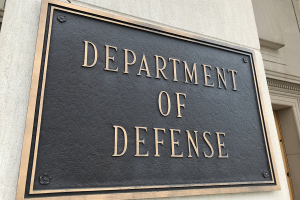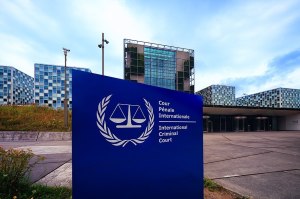Japan to Cancel Burma's Debt to Reward Reforms
Japan Saturday announced a decision to write off $3.7 billion in debt owed by Burma and restart development loans, joining the United States and the European Union in rewarding reform in this South-East Asian nation that was ruled by the military for decades until a year ago.
The announcement by Japanese Prime Minister Yoshihiko Noda came during the first visit of Burmese President Thein Sein to Tokyo in 30 years. Noda said in a statement that the debt and overdue charges were being cancelled "to support Myanmar's efforts for reforms in various areas towards its democratization, national reconciliation and sustainable development."
The Japanese prime minister promised to "extend economic cooperation ... while continuously observing the progress of these efforts." He welcomed his Burmese counterpart's reform steps including the by-elections earlier this month. "President Thein Sein expressed strong commitment to continuation of democratization, national reconciliation and economic reforms," he said, adding, "This shows a new page has been turned in Japan-Myanmar ties."
On Friday, French Foreign Minister Alain Juppe said European Union nations would ease sanctions on Burma, officially known as Myanmar. Washington has also announced its plan to gradually ease certain sanctions.
In the April by-election, democracy icon Aung San Suu Kyi's party, the National League for Democracy, won 43 of the 44 seats.
Suu Kyi's party won a landslide victory in the 1990 general election also, but the then military government refused to hand over power. The regime kept her under house-arrest for about two decades. She was freed on Nov. 13, 2010, a week after Burma's first elections in 20 years in which the pro-junta Union Solidarity and Development Party (USDP) won a landslide victory amid allegations of rampant rigging and frauds.
Months after the 2010 general election results, the USDP government suddenly began to introduce reforms. Analysts in Burma believe the military decided to introduce reforms to reduce its dependence on China as well as to get the chair of the regional bloc Association of South-East Asian Nations and to seek easing of Western sanctions.
However, human rights groups say the government of Buddhist-majority Burma has not brought any significant change in ethnic minority states along the country's borders with India, Thailand and China. Burmese soldiers are still at war with armed ethnic minority groups that have been demanding autonomy for decades, including in Karen and Kachin states which is home to a vast number ethnic minority Christians. The decades-long war has witnessed tens of thousands of civilian casualties – which rights group say must be a consideration in easing of sanction.





























